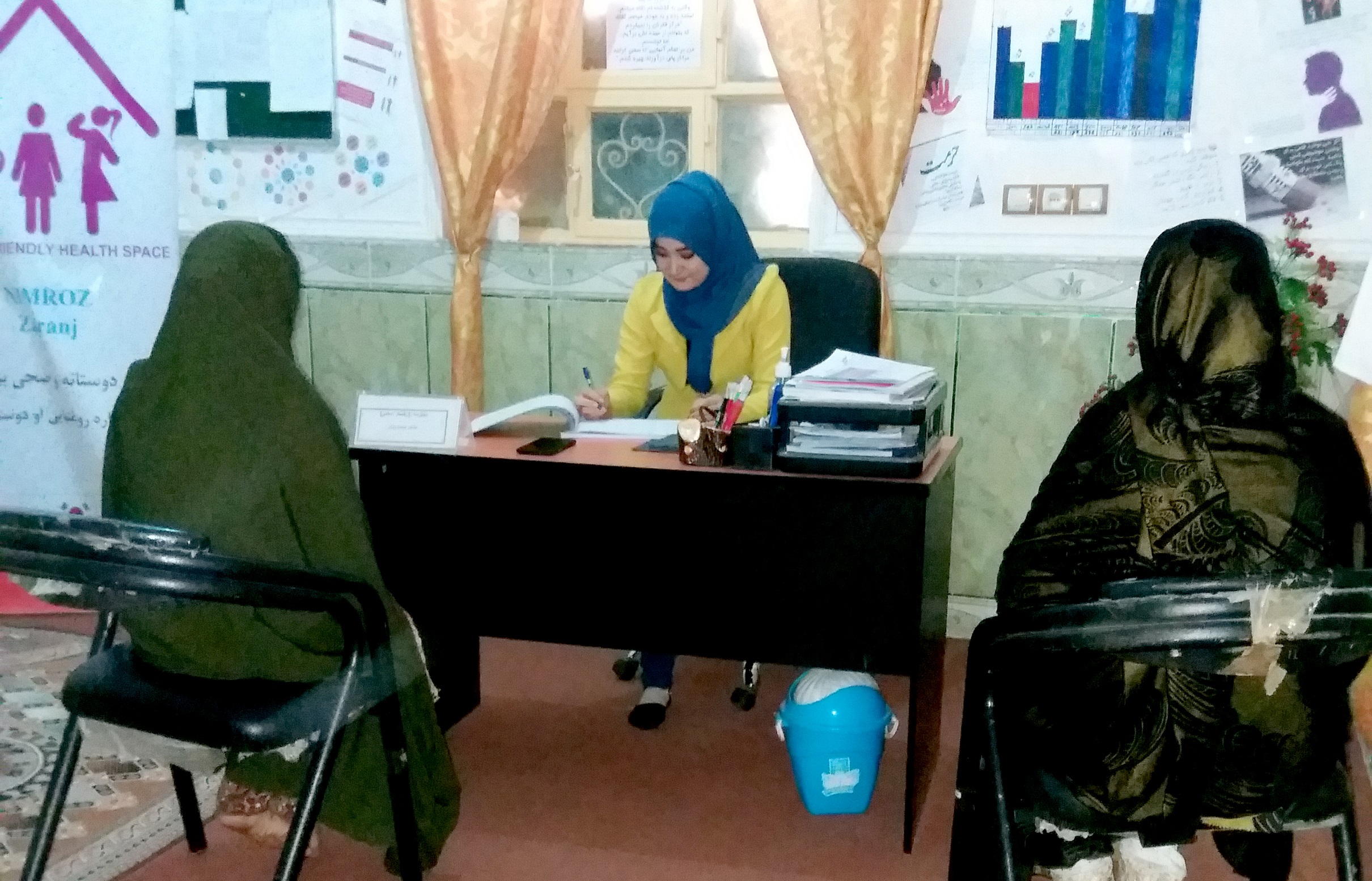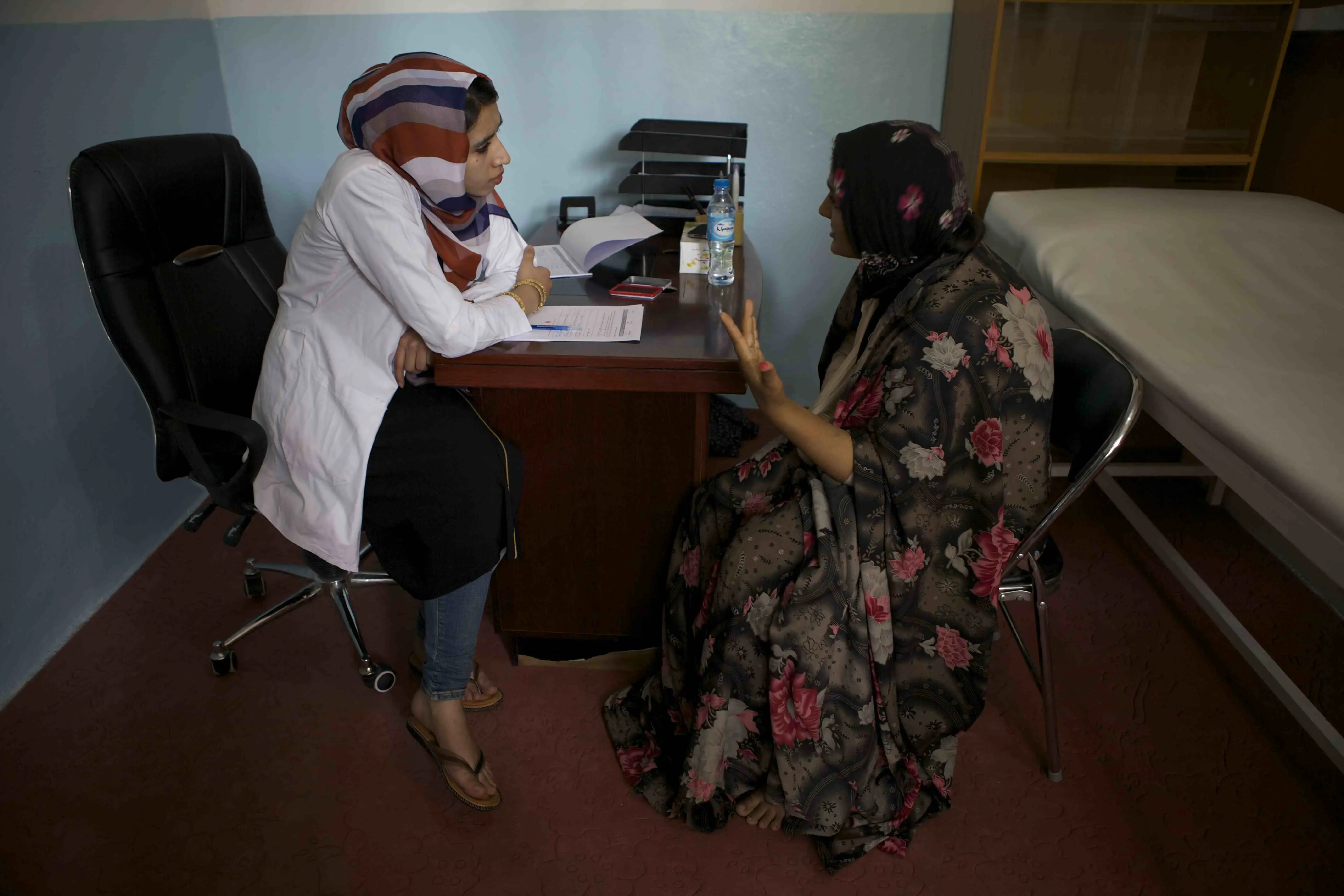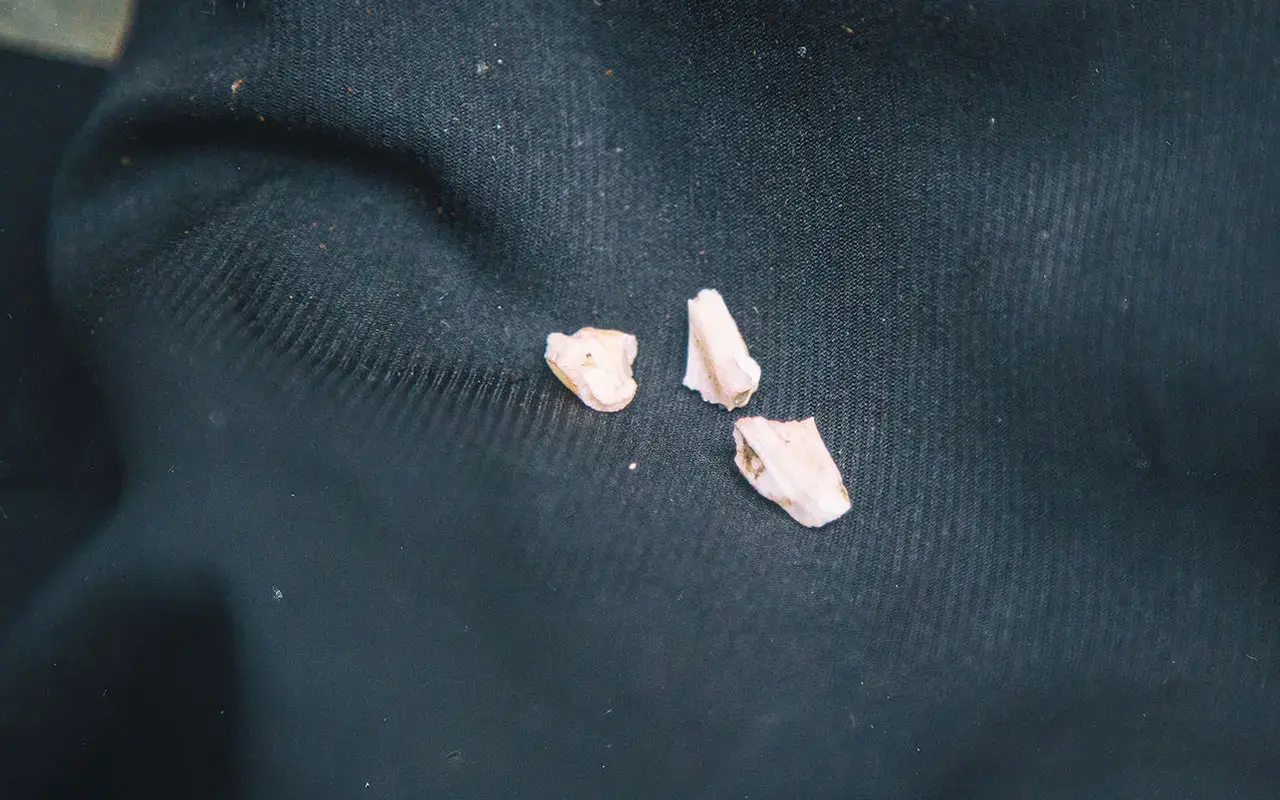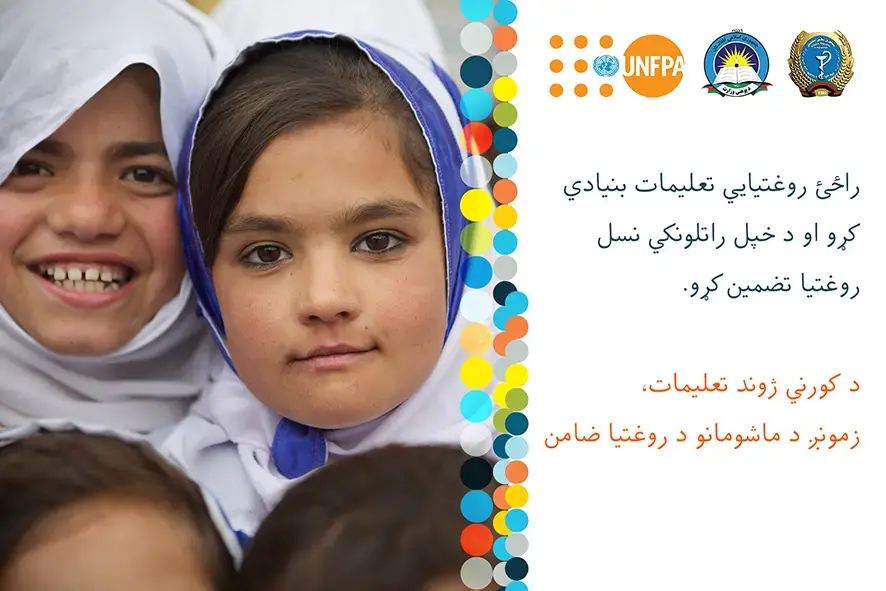Nimroz, Afghanistan -- “I explained to the young man that he will not only be viewed as a kidnapper but may also be identified as a human trafficker should he be arrested by the Afghan or Iranian police. I was finally able to persuade him to let the young girl go home. He agreed and did it.”
Ms. Rukhsar Aslami (24) described the impact of her work at the Women Friendly Health Space (WFHS) in Zaranj City. “It was one of the most challenging cases I’ve handled,” she continued to explain. “A 16-year-old girl ran away with a young man from Kabul when their parents refused to allow them to marry. The young man intended to take her to Iran so they could be married and start a life together. As they were travelling without legal documents, on their way to Iran they had to spend time in Zaranj City, the Centre of Nimroz province, which is only a few kilometers from the border or Iran. This is a common area where desperate people negotiate with traffickers and facilitate their entry to Iran.”
While the Government of Afghanistan has not legislated a legal age of consent, the President stated that 18 should be the minimum age for marriage. Marrying without parental permission in Afghanistan is the precursor to many challenges. Viewed as forced marriages, these situations are incredibly dangerous for girls—especially if they have run away from home. Depending on the family the girl will be disowned by both her family and her new in-laws. In more extreme cases the family will see the need to perform an honor killing to remove the shame from the family name.
Rukhsar, a psychosocial counselor at the WFHS, has handled many cases since she began saving lives as a midwife in 2017. WFHSs provide psychosocial services to Gender-Based Violence (GBV) survivors. They help women and girls with the reduction of stress and provide consultations for finding ways to survive and/or escape violent situations. WFHSs provide specialized psychosocial and awareness raising and sensitization for survivors as part of their survivor-centered approach. This includes referrals to the Family Protection Centers (FPCs) for specialized GBV services and the Family Response Units (FRU) for law enforcement and legal support.
“Knowing the potential repercussions for the couple, I tried to convince them to change their desperate plan and return home. I begged them to discuss the relationship and marriage with their families once more, in order to avoid the potential risks and save their lives”.

Running away to Iran necessitated that the couple lease an apartment in Zaranj City for two months while travel was arranged. It was during this period that a neighboring woman discovered that the couple were not married. The neighboring women expressed sympathy for their plight and attempted to welcome them to the community. However, the neighbor also knew the damage their relationship could cause and convinced the girl to visit the WFHS and to confide in Rukhsar her story before bigger problems evolved.
After the initial counselling with the girl, Rukhsar was able to also meet the young man. She explained to him in detail the negative impact of his action—especially if he forces the girl to travel to Iran illegally. “Eventually I convinced him to return home. I was so relieved that I was able to help the couple see the error of their actions and the lasting harm it would cause to their relationship and lives if they pursued their original course. After a couple of weeks, I received a call from the girl. She told me that they had returned home. After many discussions, the families agreed to the marriage. She was so very happy that she was able to marry the young man and not lose her family in the process.”
Throughout Rukhsar’s work in supporting women, she has found the WFHS to be an impactful venue through which to support vulnerable women and girls. “I have seen the impact of my work and I regularly receiving feedback and acknowledgement from the families who receive services from the WFHS”.
The WFHS serves as an inter-mediatory role to provides basic psychosocial services in communities which promote health seeking behaviors and refer complicated cases to the FPCs for specialized care. They promote awareness and information on GBV issues as well as services. The WFHSs also promote and strengthen referral pathways while also facilitating follow-up sessions with GBV survivors.
“I’m happy with my job. I make a noticeable difference and have the opportunity to save the lives of many women and girls,” Rukhsar expressed. “I am also very lucky that my parents support my work and my father is very proud of me.”
The Italian Agency for Development Cooperation has been supporting two Women Friendly Health Spaces in Herat and Nimroz Provinces since June 2020 which have served 4,500+ women and by the end of October 2020.





